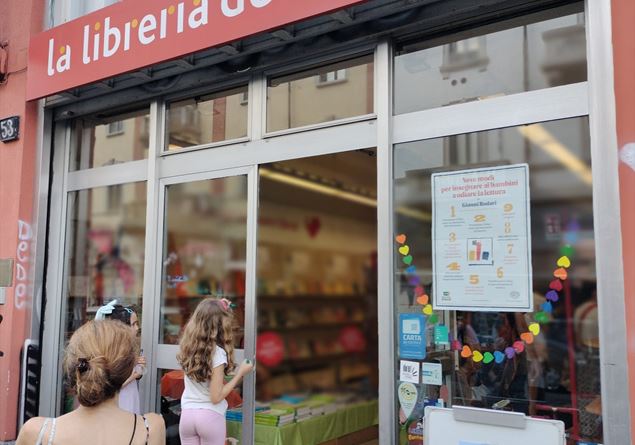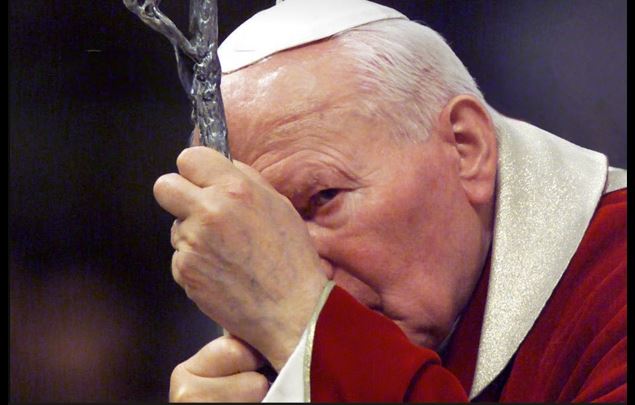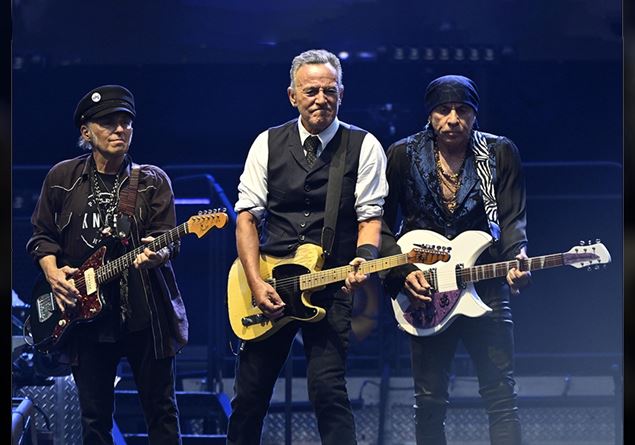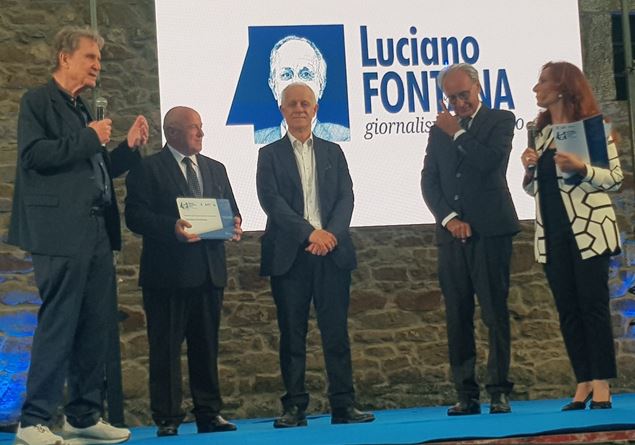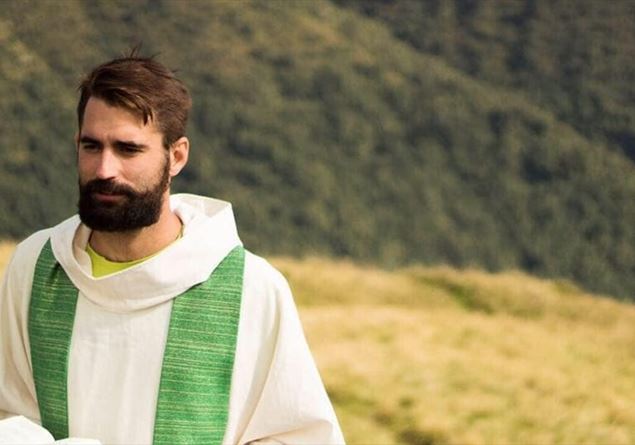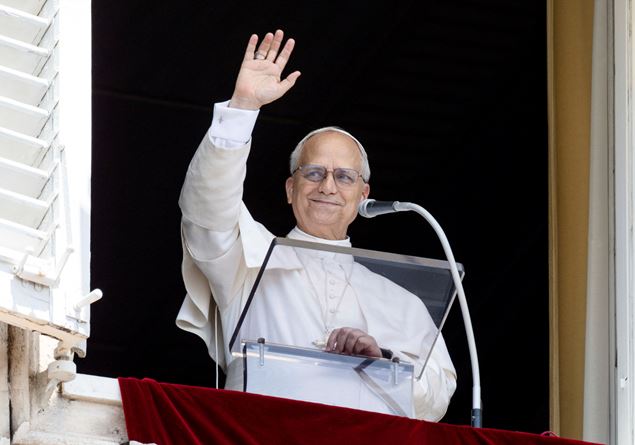by Francesco Anfossi
Twenty years after the death of John Paul II, Orazio La Rocca, Vatican Historical De The Republicsigns a work that is together chronicle, testimony and spiritual reflection: Pope Wojtyla. The days of farewell. The book presents itself as an intense and participatory narrative of the last season of life of the Polish Pope, the one who ferried the Catholic Church in the third millennium. The structure of the work is marked by an almost diaristic reconstruction of the events that led to the disappearance of the pontiff, starting from the aggregation of his health conditions in the early months of 2005. The heart of the text is precisely that time suspended between hospitalization to Gemelli and the death of April 2, marked by medical bulletins, prayers, appeals for peace, and by the affectionate proximity of millions of faithful.
But the book does not stop at the clinical report. The Rocca intertwines the news with an analysis of the Wojtyliano magisterium, enhancing the political, interreligious and symbolic role of Karol Wojtyla in contemporary history. A Pope who, as Liliana Segre writes in his initial contribution, was “ferryman” not only of the Church but of the entire humanity “of good will”. In fact, the volume makes use of the authoritative contributions of Liliana Segre, Lucio Caracciolo and Walter Veltroni. The life senator underlines the moral tension and the universalism of Wojtyla, capable of speaking to the Jews, Muslims, on the last of the earth. Caracciolo re-reads the pontificate as a historical and geopolitical watershed: from support for the Solidarornosci movement to the condemnation of wars in the Balkans, to the social doctrine magazing in a post-marxist key. Veltroni, as a former mayor of Rome, offers a civil and emotional fresco of the funeral of 8 April 2005: a global event, lived by three million people, who once again transformed Rome into the heart of the world.
There are no hagiographic forcing or celebration rhetoric: the Rocca entrusts the facts, documents, testimonies the greatness of a Pope who was “always around the world”, and who in the pain of the disease chose to remain fully in his place, without giving in to the temptation of resignation. The book also touches very current themes, such as information and dangers of digital disinformation, on which Wojtyla himself expressed himself in a pastoral letter just before dying, defining the media “common good” and recalling the need for education and responsibility. In conclusion, Pope Wojtyla. The days of farewell It is added to the useful essays to understand the spiritual, human and historical weight of a figure who marked the twentieth century and the early 2000s like few others. A work of living memory, also useful for questioning the present, in times of new global uncertainties and the search for leaders capable of speaking to the heart of humanity.

